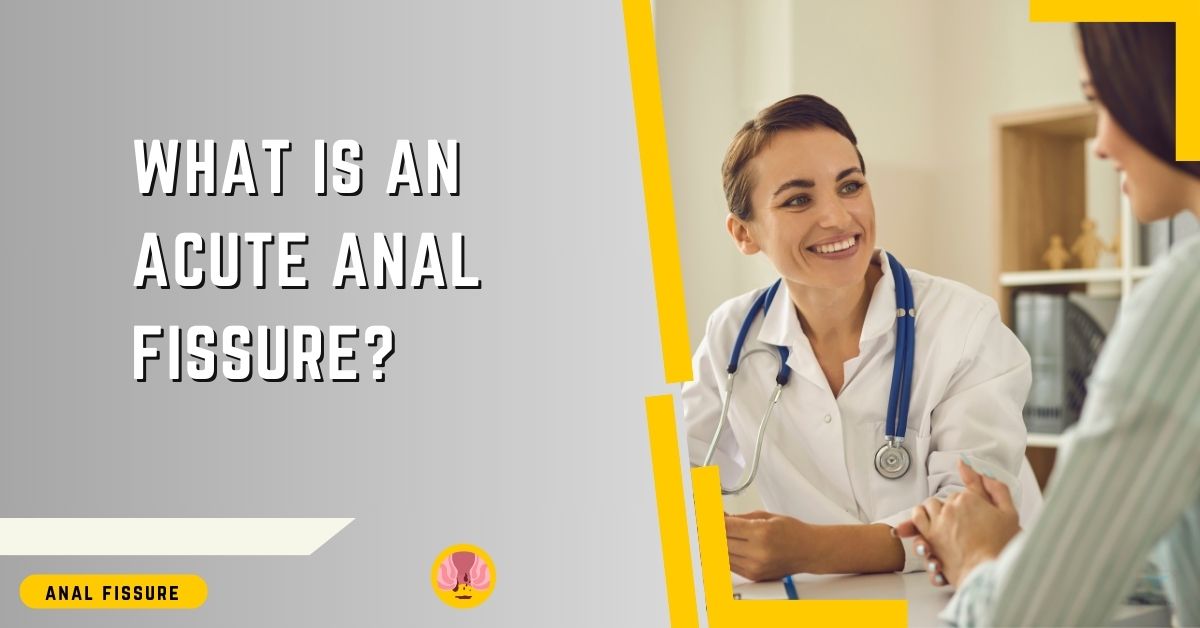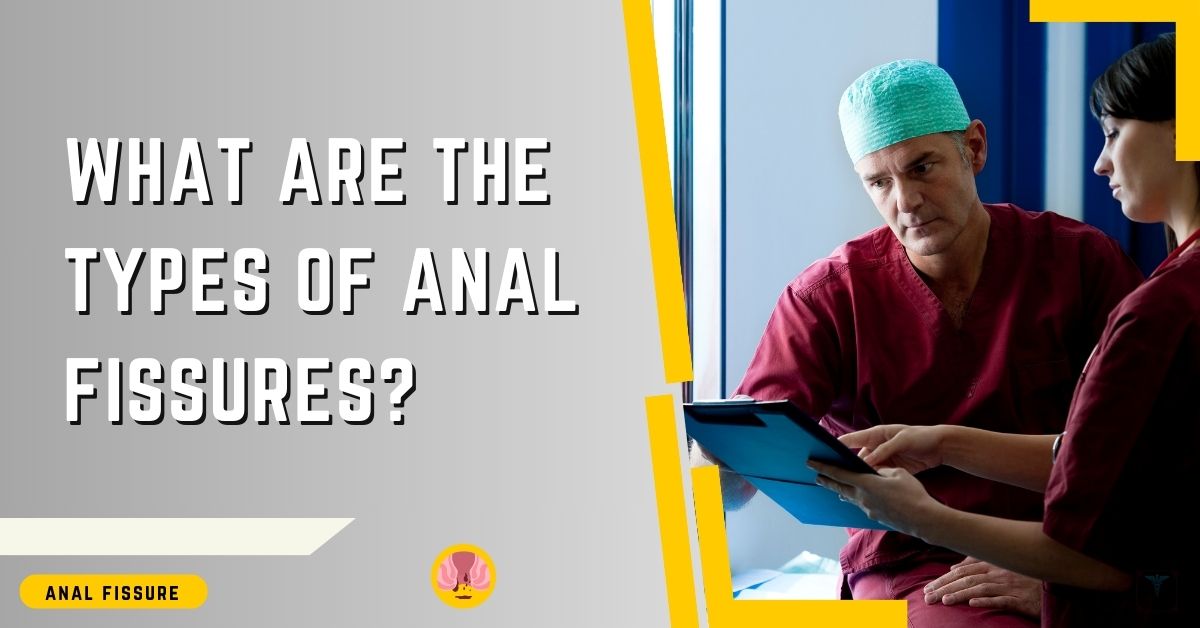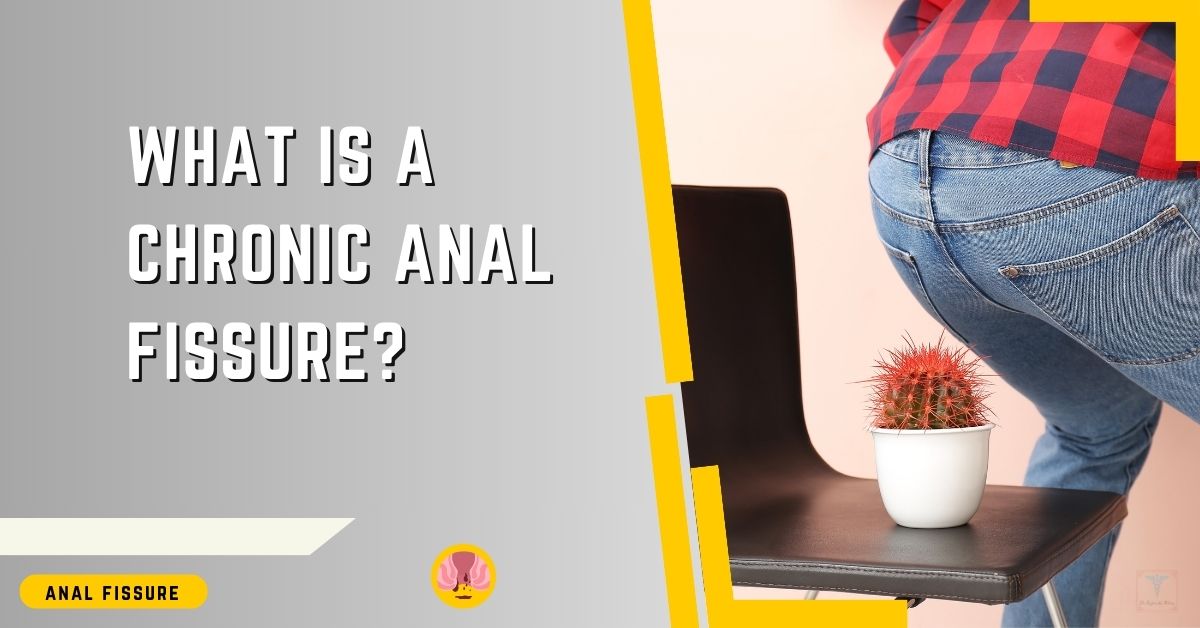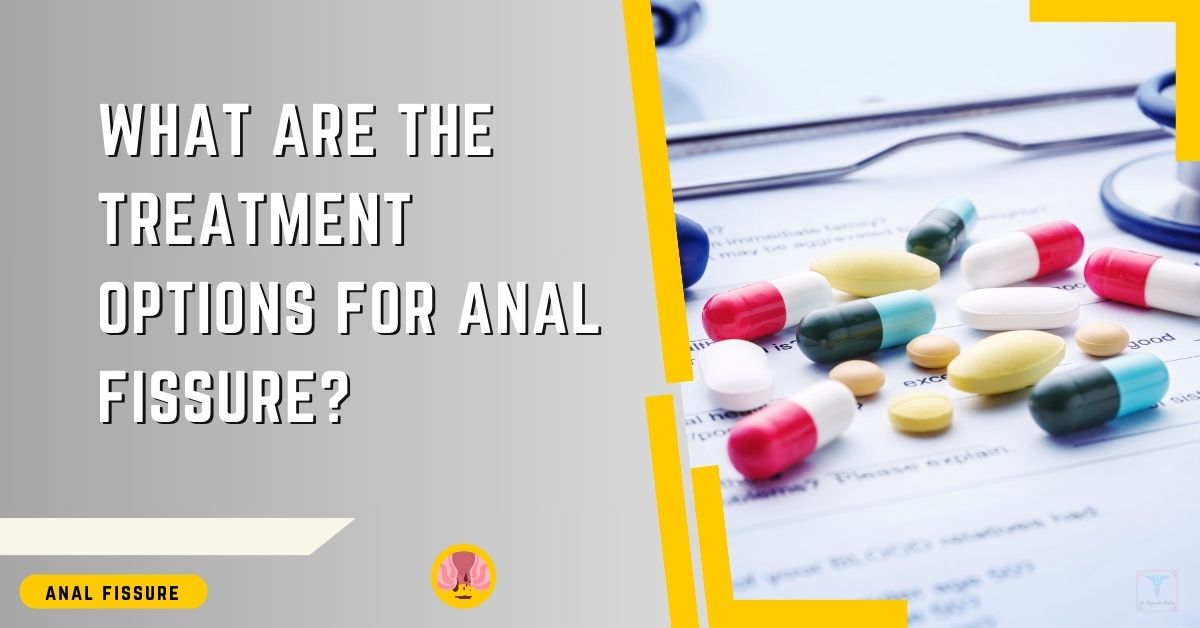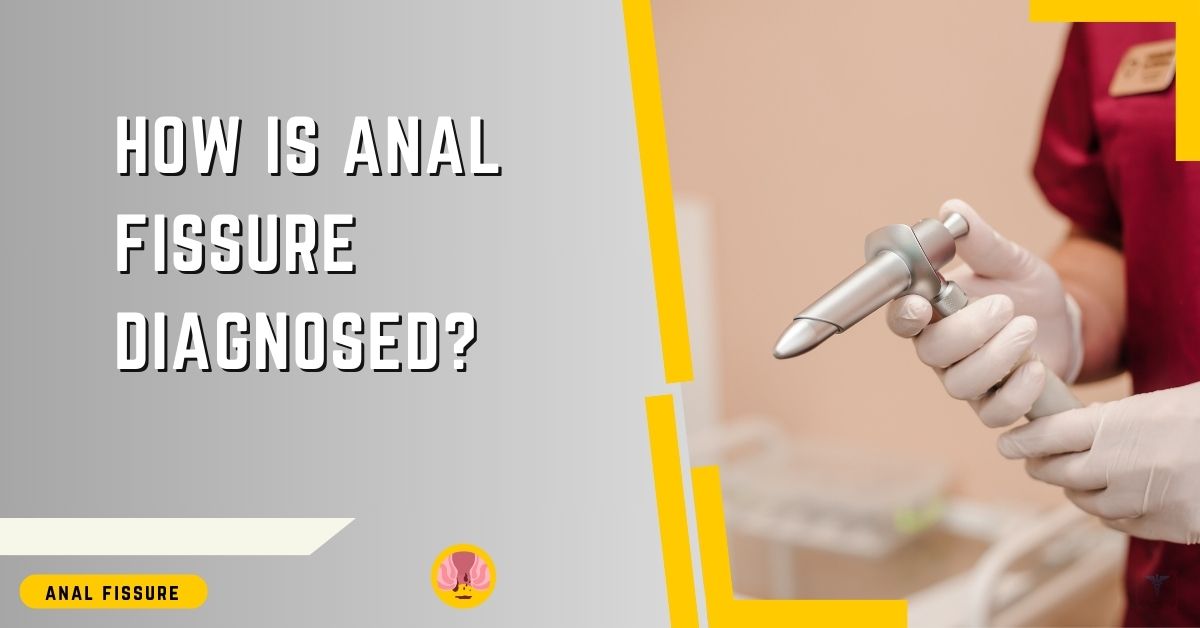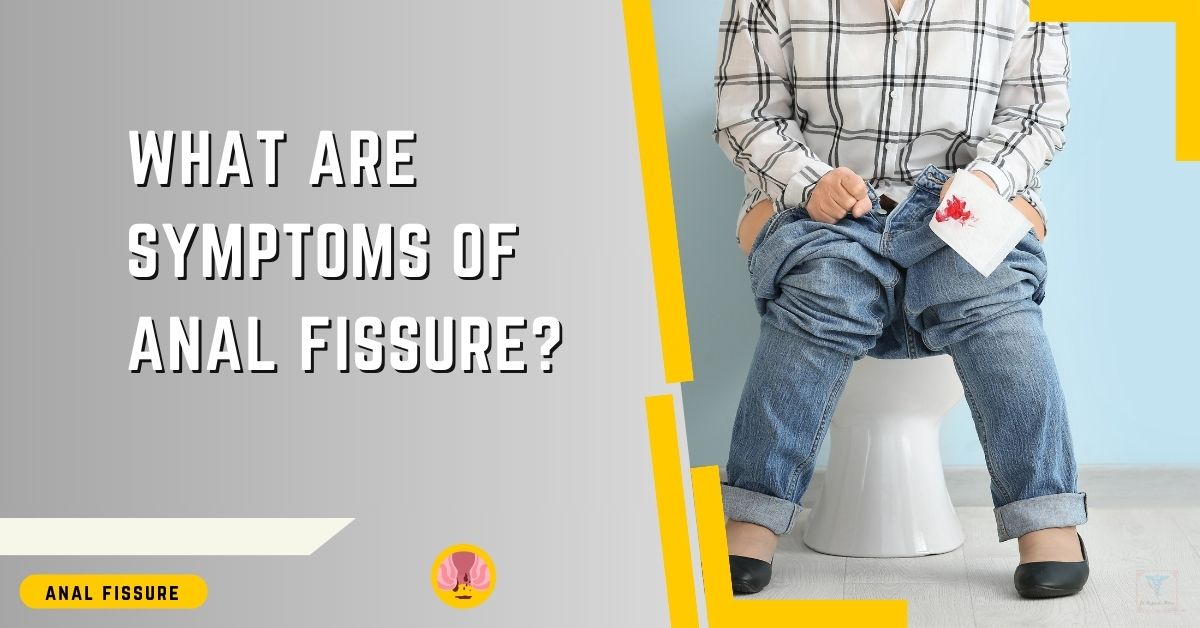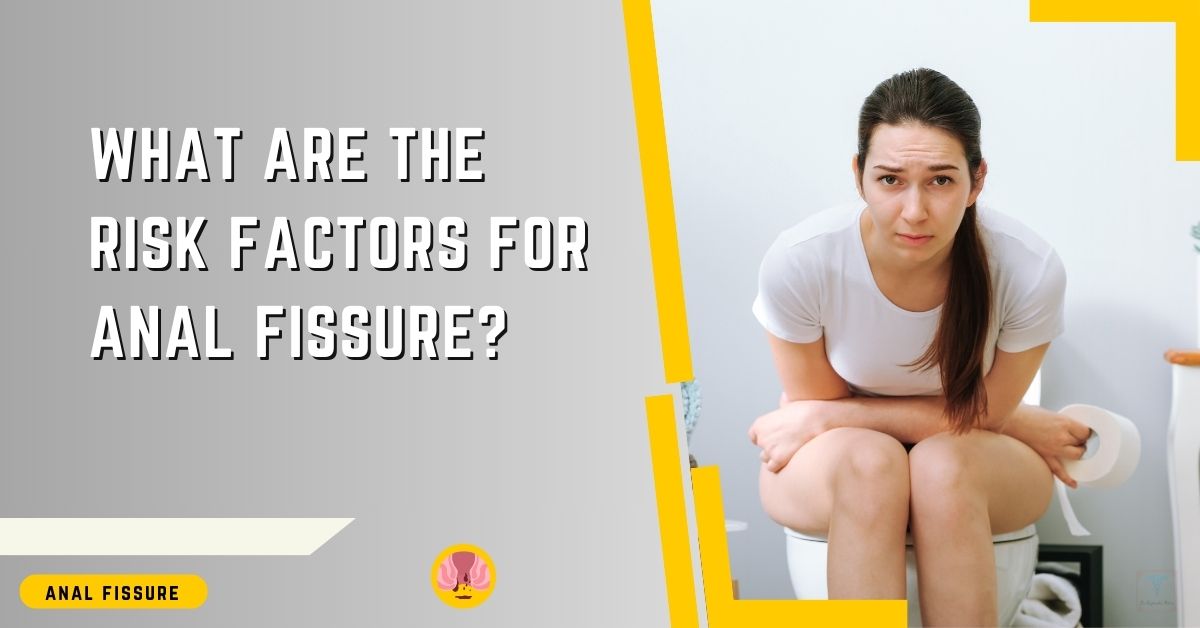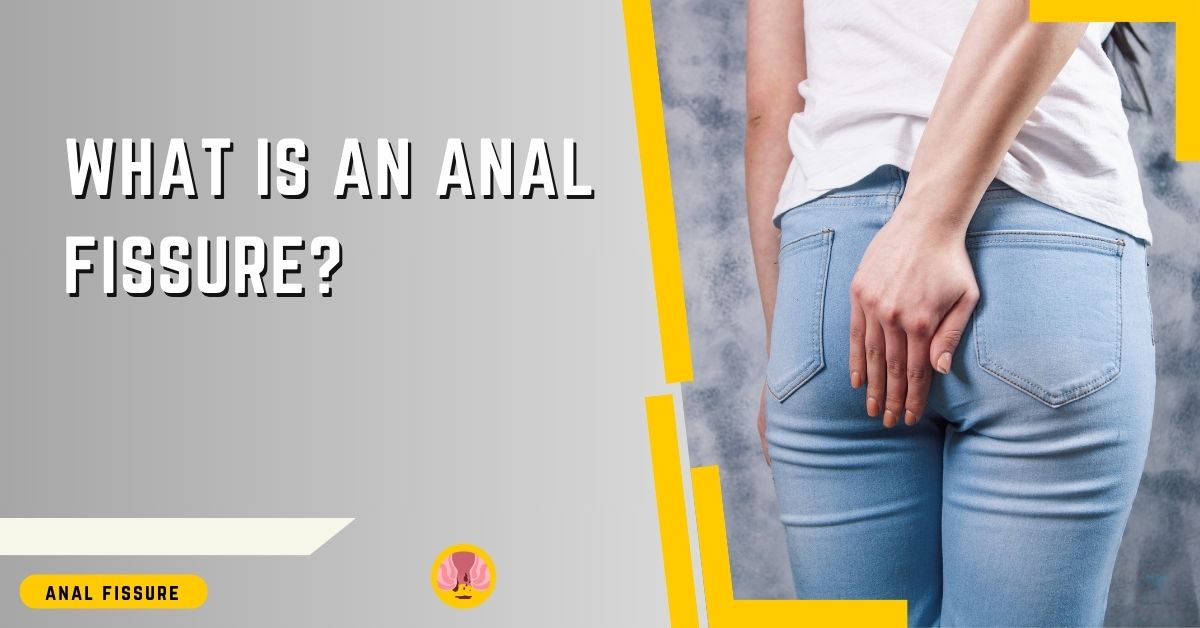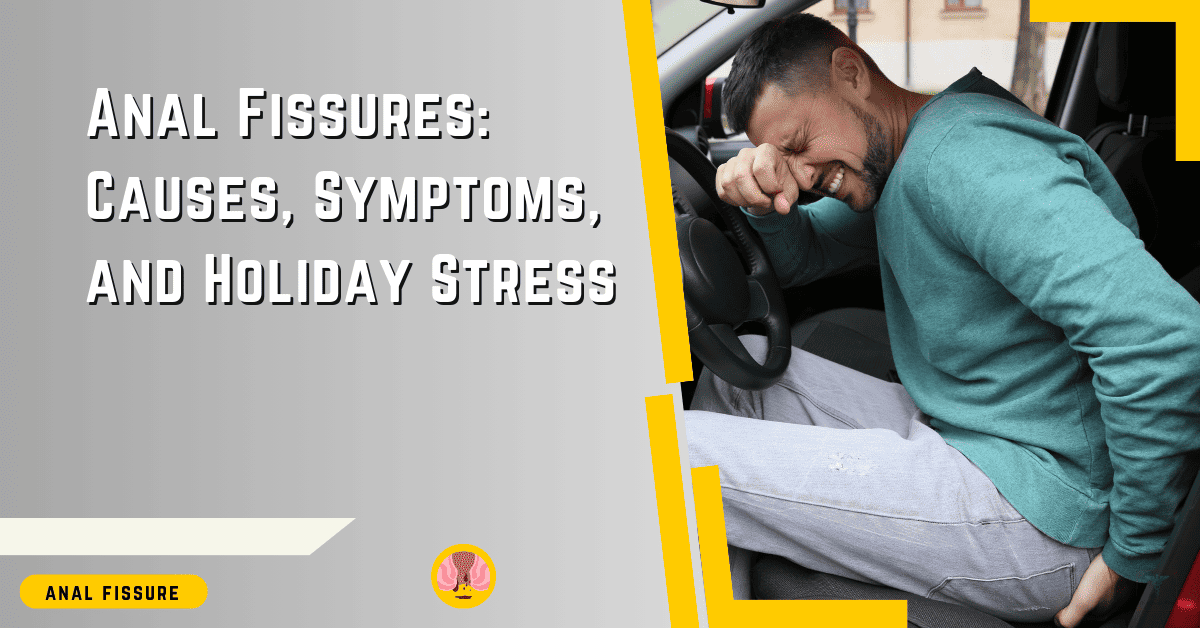An acute anal fissure is a small tear or cut in the delicate tissue lining of the anus. Acute fissures are the most common type of anal fissures. They are usually minor injuries that occur when passing a hard or large stool.
Acute fissures cause pain and bleeding during bowel movements. With some simple home care, acute anal fissures often heal quickly on their own.
Acute Anal Fissure: Know It Quick
- Acute anal fissures are small, shallow tears in the anal lining.
- Usually caused by large, hard bowel movements or constipation.
- Last less than 6 weeks.
- Heal quickly with home treatment like sitz baths.
- Prevent this by keeping stools soft, and avoiding straining.

What Causes Acute Anal Fissure?
The most common cause is simply trauma to the anal lining from a hard, dry stool. Straining during constipation can also lead to tearing of the anal tissue. Childbirth sometimes results in an acute fissure.
Other potential causes include diarrhea, inflammation, Crohn’s disease, and anal intercourse. But in most cases, they occur from passing a single large, hard bowel movement.
Characteristics of Acute Fissures
- Recent tear, existing for less than 6 weeks.
- Located in the posterior midline, the back of the anal canal.
- Shallow tear, usually less than 1 cm deep. Narrow shape, like a thin cut or crack in the skin.
- Bright red bleeding with bowel movements.
- Severe pain during and after defecation.
- Itching, swelling, and spasms around the anus.
Treating Acute Anal Fissures:
The good news is acute fissures often heal quickly with conservative home treatment such as
- Taking sitz baths to increase blood flow.
- Keeping the area clean to prevent infection.
- Using ointments/creams to relieve pain.
- Increasing fiber and fluid intake to soften stools.
- Take stool softeners or laxatives if needed.
If an acute fissure persists longer than 6 weeks, it is considered a chronic fissure. Chronic fissures usually need additional medical treatment. But most acute anal fissures heal within a few weeks with simple at-home care.
Preventing Acute Fissures:
To help prevent acute anal fissures, maintain soft, regular bowel movements by:
- Eating plenty of high-fiber foods.
- Drinking lots of fluids daily.
- Establishing a regular bathroom routine.
- Avoiding straining during bowel movements.
- Take laxatives or stool softeners if needed.
Final Note From Dr. Rajarshi Mitra
Let me know if you have any other questions! Proper treatment can help acute anal fissures heal quickly.
Dr. Rajarshi Mitra is a patient-centered, highly-rated Specialist Laparoscopic Surgeon & Proctologist in Abu Dhabi, offering Advanced Laparoscopic Surgery, Minimally Invasive Proctology & Lasers in Proctology. He is MBBS; MS (Surgery); FIAGES; FICS (USA); Dip. Lap (France); and Dip. Hernia (APHS) with 18 years of extensive experience in Laparoscopic Surgery, Minimally Invasive Proctology and Fellowship training in Colorectal and Bariatric Surgery.

